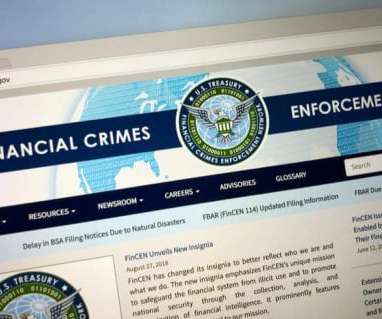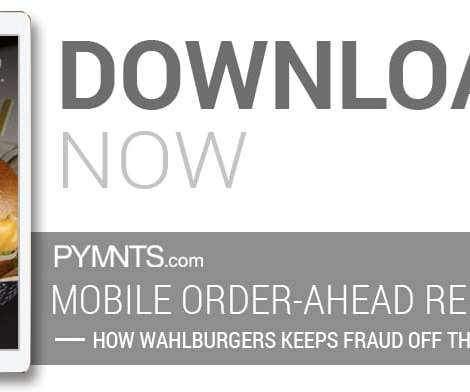FinCEN Files Show Banks’ ‘Whack-a-Mole’ Battle Against KYC/AML
PYMNTS
SEPTEMBER 21, 2020
The documents, officially known as suspicious activity reports (SARs for short) show that the banks had filed more than 2,000 reports across the past 17 years.

PYMNTS
SEPTEMBER 21, 2020
The documents, officially known as suspicious activity reports (SARs for short) show that the banks had filed more than 2,000 reports across the past 17 years.

PYMNTS
DECEMBER 3, 2019
Banks no longer have to submit a suspicious activity report (SAR) just because a business is growing or cultivating hemp. Financial institutions should follow standard SAR procedures and submit a report only if there is questionable behavior.
This site is protected by reCAPTCHA and the Google Privacy Policy and Terms of Service apply.

PYMNTS
MARCH 4, 2020
His actions prevented the proper filing of many, many SARs, which hindered law enforcement’s ability to fully combat crimes and protect people,” said FinCEN Director Kenneth A. In February 2018, FinCEN collaborated with the Office of the Comptroller of the Currency (OCC) and the U.S. The OCC also warned U.S.

The Fintech Times
AUGUST 17, 2024
The bank was ordered to pay the fine to resolve investigations by The Office of the Comptroller of the Currency (OCC), an independent bureau of the US Department of the Treasury. This includes know your customer (KYC), sanctions, suspicious activity reports (SARs), and transaction monitoring violations.

Segpay
MARCH 24, 2025
USA: Stricter transaction monitoring, requiring Suspicious Activity Reports (SARs) to FinCEN and geographical targeting orders (GTOs) for high-risk areas. Casinos and online gambling firms follow Bank Secrecy Act (BSA) rules and file Suspicious Activity Reports (SARs). Casinos file SARs (Suspicious Activity Reports) with FinCEN.

FICO
JANUARY 6, 2020
We began to see a resurgence in small-dollar lending in 2018 with new regulatory guidance from the OCC and FDIC encouraging banks to compete with payday lenders.”. Recently introduced models monitor transactions to detect anomalies, as well as transaction streams that indicate previous SAR filings by the institution.”. .

FICO
DECEMBER 19, 2018
This month, a group of federal agencies including the Federal Reserve, OCC, FDIC and the Financial Crimes Enforcement Network (FinCEN) issued a joint statement which encourages banks to consider, evaluate, and responsibly implement innovative solutions to BSA/AML compliance. Where is BSA/AML reform headed in 2019?
Let's personalize your content